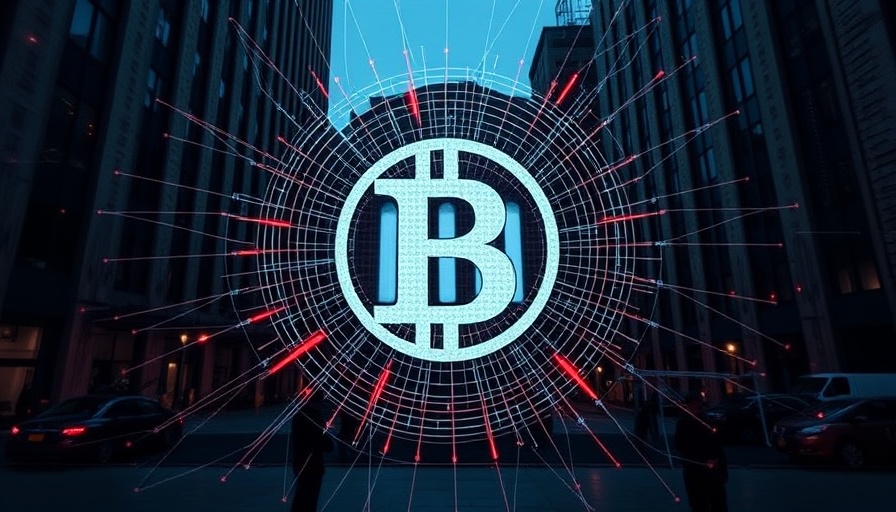
Perplexity AI's Legal Challenges Highlight Copyright Complexities
In a significant development for AI technology, Perplexity AI has found itself in legal hot water as a U.S. District Court in New York denied the company's motion to dismiss allegations of copyright infringement. This ruling indicates not just legal implications for Perplexity but also broader questions about copyright rules in the rapidly evolving world of artificial intelligence.
Understanding Jurisdiction: Why New York Matters
The court's decision by Judge Katherine Polk Failla underscored the importance of jurisdiction in copyright cases. By evaluating the nature and extent of Perplexity AI's connections with New York, the ruling deemed it appropriate to maintain the case there. This speaks volumes about how courts are interpreting jurisdiction through the lens of technological connections, often blurring the lines between traditional norms and modern digital landscapes.
How AI Companies Navigate Intellectual Property Risks
As AI technologies proliferate, so do the opportunities for intellectual property disputes. Companies like Perplexity AI must adopt proactive strategies to mitigate potential risks associated with copyright and patent claims. This includes conducting thorough assessments of their AI models to ensure compliance with copyright laws and securing licenses where necessary. The ongoing legal saga serves as a wake-up call for the tech industry to prioritize intellectual property considerations in their business strategies to avert costly litigations.
The Bigger Picture: Aligning Innovation with Regulation
Amidst its rapid growth, the AI sector faces increasing scrutiny regarding compliance with existing laws. As Perplexity AI navigates these current claims, its situation sheds light on a crucial question: how can innovation harmonize with regulation? The technology community must engage in dialogues with lawmakers to refine legal frameworks that protect creators while fostering a nurturing environment for AI advancement.
The Ripple Effects of Copyright Claims on the Tech Industry
As this legal scenario unfolds, its implications extend beyond Perplexity AI. Other tech organizations will likely be watching closely, as the outcome may set precedents affecting copyright litigation across the industry. Given the precarious balance between innovation and legal boundaries, companies could face increased scrutiny and potentially more rigorous compliance measures moving forward.
Preparing for Tomorrow: A Call to Action for Tech Innovators
In light of these recent developments, it is vital for tech innovators and AI enthusiasts alike to stay informed about the legal landscape surrounding artificial intelligence. By understanding the challenges that companies like Perplexity AI face, they can advocate for clear, fair regulations that promote innovation while respecting creators’ rights. For individuals and organizations involved in the AI field, aligning with intellectual property standards will not only safeguard their operations but also contribute to a healthier tech ecosystem.
Now is the time for AI enthusiasts to engage in conversations about copyright policies, ensuring the industry's future aligns with both innovation and regulatory frameworks.
 Add Row
Add Row  Add
Add 




Write A Comment